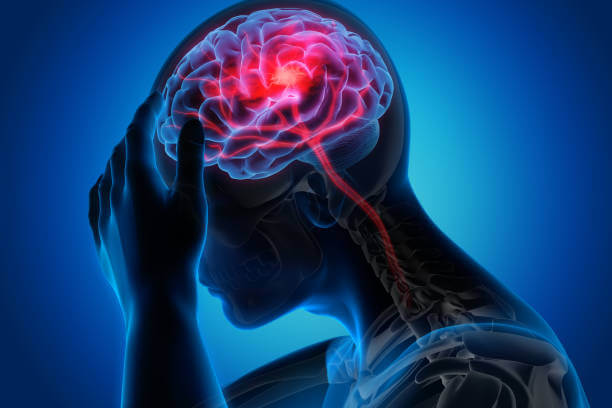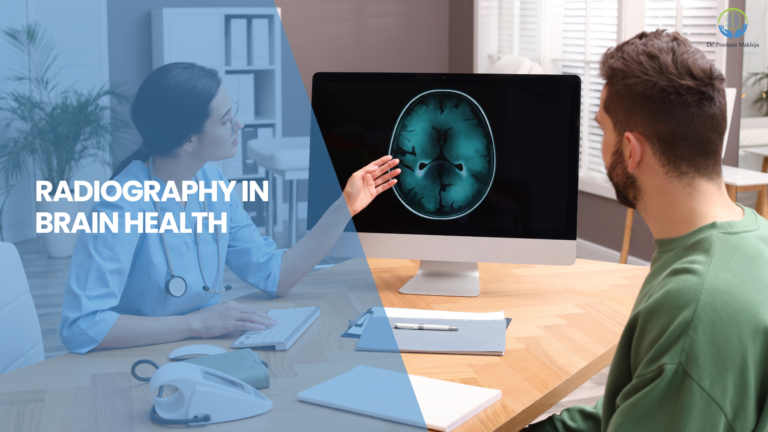Traumatic Brain Injury (TBI) can significantly disrupt a person’s physical, emotional, and cognitive well-being. Recovery, though challenging, is possible with patience, effort, and a structured approach. Understanding the recovery process is essential for individuals affected by TBI and their caregivers.
What Is TBI Recovery?
Recovery after a TBI refers to the process of regaining lost abilities and adapting to new circumstances. The timeline and extent of recovery vary depending on factors such as the severity of the injury, the area of the brain affected, and the support system in place.
For mild TBIs, such as concussions, recovery might be swift, often within weeks. For moderate to severe TBIs, recovery may span months or even years, involving ongoing therapy and rehabilitation.
The Phases of Recovery
- Acute Phase: This begins immediately after the injury and focuses on stabilizing the individual. Medical care during this phase aims to prevent secondary injuries and manage symptoms like swelling or bleeding in the brain.
- Subacute Phase: Rehabilitation begins once the patient is stable. This phase may involve physical therapy to restore mobility, occupational therapy to rebuild daily living skills, and speech therapy if communication is affected.
- Long-Term Recovery: This phase focuses on reintegrating into daily life. Cognitive rehabilitation and emotional support play vital roles in helping individuals manage memory, concentration, or mood issues.
Key Elements of Recovery
- Rehabilitation Therapies: Physical and occupational therapy target motor skills and independence, while speech therapy addresses communication difficulties. Neuropsychological assessments guide interventions for cognitive impairments.
- Lifestyle Adjustments: Adopting a brain-healthy lifestyle is crucial. This includes maintaining a balanced diet, staying physically active, and engaging in activities that stimulate the brain, such as puzzles or reading.
- Support Systems: Emotional and social support significantly impact recovery. Family, friends, and support groups can provide motivation and understanding, reducing feelings of isolation.
- Mental Health Care: Coping with changes in abilities or personality can be emotionally taxing. Professional counseling or therapy can help address anxiety, depression, or frustration.
Challenges and Coping Strategies
Recovery often comes with hurdles, including fatigue, chronic headaches, or difficulty with focus. Patience is vital, as progress can be slow. Breaking tasks into smaller, manageable steps and celebrating small victories can make the journey less overwhelming.
Moreover, advancements in technology, like virtual reality for cognitive training and wearable devices for monitoring progress, are enhancing recovery outcomes.
A Journey, Not a Sprint
Recovery after TBI is a deeply personal journey. While no two paths are the same, perseverance, medical care, and community support can lead to meaningful improvements in quality of life. If you or someone you love is navigating TBI recovery, remember that healing is a marathon, not a sprint—and every step forward counts. For tailored advice, consulting healthcare professionals or joining support networks can provide invaluable guidance and encouragement on this path to recovery.
“Recovery is not about perfection; it’s about progress. Every small step forward is a step toward reclaiming your life.”




